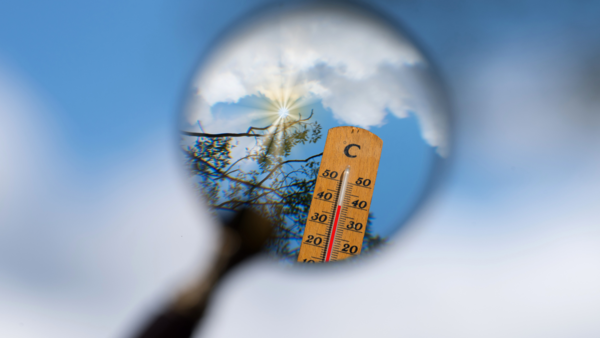[ad_1]
Dr Satish Koul, Senior Director & Unit Head, Internal Medicine, Fortis Memorial Research Institute, Gurgaon said, “As the mercury rises to unbearable levels, the threat of heat-related illnesses is also on the rise.The answer lies in prevention and in ensuring that you keep yourself protected against high temperatures.
Heat stroke is one of the dangerous illnesses that can strike in high heat conditions and in extreme cases can even cause death. Heat stroke occurs when the body temperature rises above 105 degrees Fahrenheit (40.6 degrees C) and the body loses its ability to regulate the temperature. Remember the normal temperature of the body is 98.4 degrees Fahrenheit (37 degrees C). This happens due to extreme heat exposure and the rise in temperature in this case is not akin to having fever.
.Heat stroke often occurs when other heat related illnesses like cramps and heat exhaustion progress to dangerous levels. However, it can also happen without any earlier illness or sign. In extreme cases it can even take a life or can cause damage to the brain.

Image: CANVA
Often prolonged exposure to heat can cause heat stroke. The body gets dehydrated and its heat control ability is lost due to complications involving the central nervous system. So, we advise people to be extra cautious in the hot summer months and keep themselves protected and hydrated.
“For heart patients and people who have hypertension or diabetes all the more precaution is recommended. Patients with kidney problems are also vulnerable,” says the doctor.
So, in case somebody experiences heating up, nausea, seizures, throbbing headache or faints, immediate steps should be taken to cool down the body of the person.
It is also important to not ignore heat cramps and heat exhaustion because such conditions can also progress to heat stroke.
In such cases, immediately give the patient an ice bath or a cool shower or put the AC on extreme cooling.
But prevention remains the best solution
- Keep yourself hydrated: Make sure you carry water whenever you go out and keep your fluid intake high.
- Wear loose fitting clothes: Loose fitting clothes allow your body to cool quickly. Hence in hot conditions, it is advisable to wear loose clothes.
- Stay indoors during peak heat hours: It is better to go out in the mornings or evenings. Avoid the sun during the noon hours as it is the hottest during that time of the day. Particularly if you need to do some heavy exhausting work, schedule it for cooler parts of the day.
- Do not leave children outside in a parked car: A car parked out in the open can heat up to very hot levels. It can very dangerous if a child is inside the vehicle.
Dr Ajay Agarwal, Director, Fortis Hospital, Noida, explained, “With the increasing temperatures and the summers kicking in soon, the number of patients suffering from heat exhaustion has definitely increased by almost 20 – 30 %.
We are seeing a lot of patients with muscle cramps, pain abdomen, generalised weakness, nausea, vomiting and multiple episodes of loose stools in OPDs on a regular basis nowadays.
These symptoms are a sign of heat exhaustion.
Risk factors for heat exhaustion include Poor physical fitness, Obesity, Dehydration, Acute illness, Lack of acclimatization and strenous exercise in high temperatures.
Patients with heat exhaustion may also come with palpitations,extreme weakness, loss of consciousness, headache, Abdominal cramps, nausea, vomiting, diarrhea, Persistent muscle cramps.
The Precautions that one should be taking is to drink adequate amount of water (around 2-3 Litres per day), cover themselves with a cap or head scarf while going out, as well as wear cotton clothing. While returning back from the outdoors, try to cool yourself in a normal temperature using a fan and then take a bath after 20-30mins such that you are able to cool yourself properly.
In the meantime it is very important for the elderly and children to try to refrain from going in the severe sun since they are likely to suffer from dehydration and land up in heat stroke.”
Low blood pressure got you down? Try these 4 home fixes!